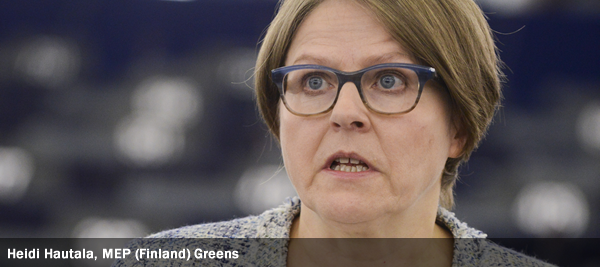The killing of hundreds of protesters by Uzbekistani security forces in the early hours of 13 May 2005 must be independently investigated and the ongoing persecution of those connected to the unrest must end, Amnesty International said on the 10th anniversary of the Andizhan killings.
A decade after security forces indiscriminately gunned down mostly peaceful demonstrators, including women and children, in the city of Andizhan, scores of men and women have been unlawfully imprisoned or live in fear of prosecution, whilst anyone who raises the issue in the country faces harassment or attack.
“It is time to lift the veil of fear and official secrecy that descended on the Andizhan killings even before the blood was dry on the streets. Instead of bringing those responsible for these killings to account, the Uzbekistani authorities have relentlessly persecuted those it suspects of involvement in the protests, torturing them, trying them unfairly and imprisoning them unlawfully,” said John Dalhuisen, Amnesty International director for Europe and Central Asia.
“Governments in Europe and the USA have continued to turn a blind eye to this and other appalling human rights abuses in Uzbekistan, seemingly for fear of upsetting a strategic ally. Whilst an independent international investigation into the killings is long overdue, it is not too late to end impunity and ensure justice and reparation for the victims of Andizhan.”
The response of the European Union (EU) to the killings was an arms embargo and other targeted sanctions and a key requirement that the Uzbekistani authorities should properly investigate the killings. However, in October 2009 the EU embargo was lifted without mention of the lack of an Andizhan investigation and since 2010 there have been no further Foreign Affairs Council (FAC) discussions or conclusions on Uzbekistan.
The US government also called for an investigation into the killings but in January 2012 waived restrictions on military aid to Uzbekistan originally imposed in 2004, due in part to the country’s human rights record. This year the military relationship between the two countries strengthened significantly with the implementation of a new five-year plan for military cooperation.
The Uzbekistani government has rejected recommendations by international bodies, including the United Nations Human Rights Council and the UN Committee against Torture, to institute a full and impartial inquiry. At the public examination of Uzbekistan’s human rights record at the UN’s Universal Periodic Review in April 2013 the Uzbekistani delegation stated that “the issue [of an international investigation into the events] of Andizhan is closed for us”. No European state mentioned the need for an investigation.
In April 2015 an Amnesty International report Secrets and Lies: Forced confessions under torture in Uzbekistan, revealed how torture and other ill-treatment plays a central role in the country’s justice system and the government’s clampdown on any group perceived as a threat to national security.
